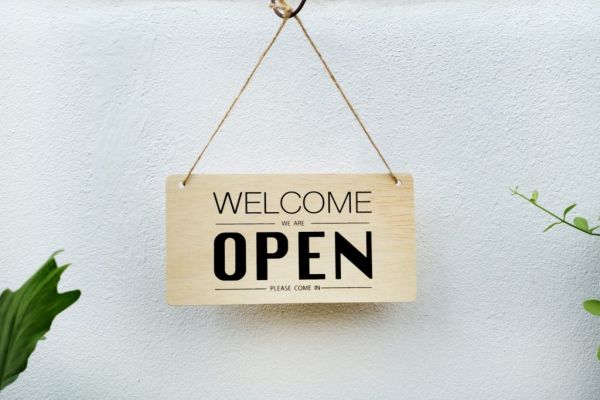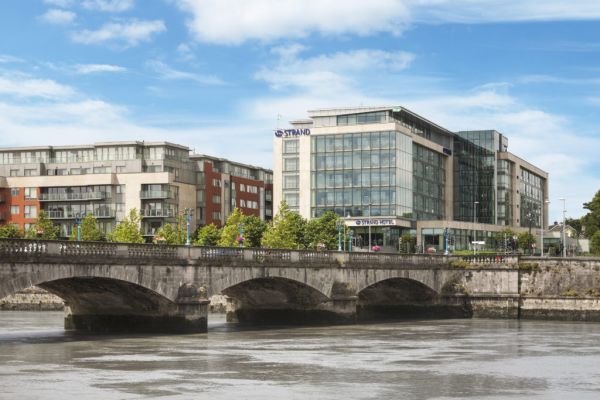According to the Irish Hotels Federation (IHF), Irish hotels and guesthouses that participated in its latest survey reported occupancy levels of 21%, 20% and 19% nationally for July, August and September, respectively.
July and August are usually the busiest months of the year for Irish hotels and guesthouses.
Survey Details
286 properties across Ireland with a combined 28,200 guest rooms took part in the survey, which was conducted between February 15 and February 19.
Occupancy In Dublin, Other Cities And Rest Of The Country
The Dublin city and county venues that took part in the survey reported occupancy levels of 12%, 14% and 16% for July, August and September, respectively.
The venues located in the country's other cities that took part in the survey reported occupancy levels of 19%, 21% and 15% for July, August and September, respectively.
The venues located in the country's border region that took part in the survey reported occupancy levels of 21%, 20% and 17% for July, August and September, respectively.
The venues located in the country's mid-west region that took part in the survey reported occupancy levels of 26%, 23% and 23% for July, August and September, respectively.
The venues located in the country's midlands/mid-east region that took part in the survey reported occupancy levels of 22%, 20% and 21% for July, August and September, respectively.
The venues located in the country's south-east region that took part in the survey reported occupancy levels of 34%, 27% and 22% for July, August and September, respectively.
The venues located in the country's south-west region that took part in the survey reported occupancy levels of 29%, 29% and 23% for July, August and September, respectively.
The venues located in the country's west region that took part in the survey reported occupancy levels of 20%, 18% and 15% for July, August and September, respectively.
IHF Chief Executive Statements
IHF chief executive Tim Fenn stated, "We have never seen bookings levels for the key summer months so low at this time of year. The domestic market was a real positive for hotels and guesthouses last year and we expect home holidays to be very important again this year. However, in the meantime, hotels have to plan, and the lack of certainty over business supports is a huge challenge for hospitality businesses.
"Government supports to date have been very welcome and have made a significant difference for hotels and guesthouses. However, with our sector now facing an extended lockdown, these supports must be reviewed. If the all-important summer period is being eroded, additional supports are now required to safeguard businesses and the livelihoods they support until society reopens safely and the sector and wider tourism industry can recover.
"Specifically, we are seeking increases in payments under the Covid Restrictions Supports Scheme (CRSS), enhanced employment subsidies, extension of the local authority rates waiver until the end this year. We also ask the government to intervene with the banks to ensure they have appropriate supports and engagement processes in place for hotels and their team members until COVID-19 has been suppressed."
Fenn also stated that hotels require a clear commitment from the government to retain the 9% tourism VAT rate as well to assist recovery and secure a viable and sustainable future for the industry, and said, "Many hotels are now contracting for international business up to two years out in an exceptionally competitive market with one hand tied behind their back. As yet, they have no pricing certainty in relation to the retention of this critically important VAT measure, and this must be addressed urgently."
Fenn added, "In some cases, whole communities are built around tourism. Hotels and guesthouses not only provide local employment opportunities, they buy local services, source locally produced food and provide a vital infrastructure in support of local business and communities. A severely devastated hospitality sector would be a major loss to the economy and society here for many years to come. This can and must be avoided."
© 2021 Hospitality Ireland – your source for the latest industry news. Article by Dave Simpson. Click subscribe to sign up for the Hospitality Ireland print edition.









